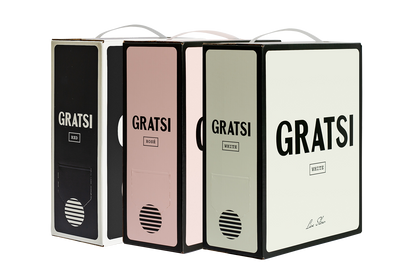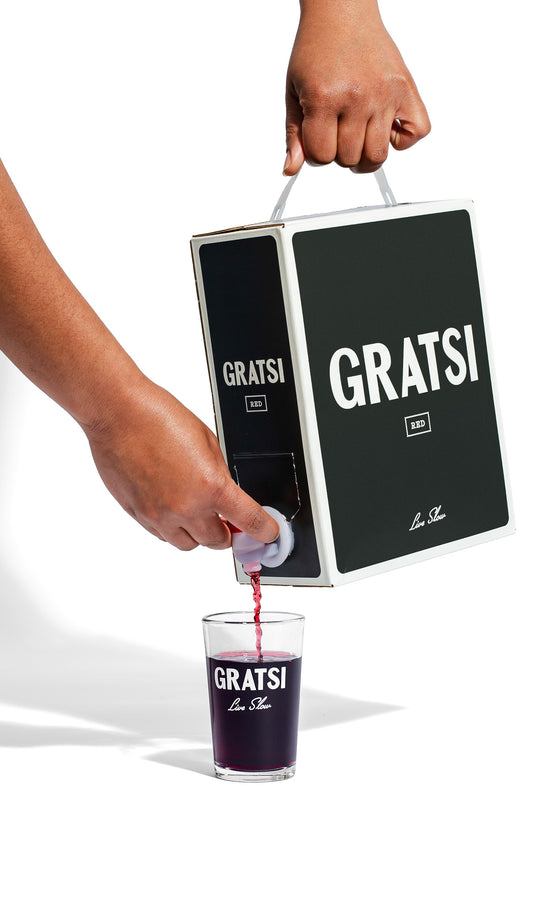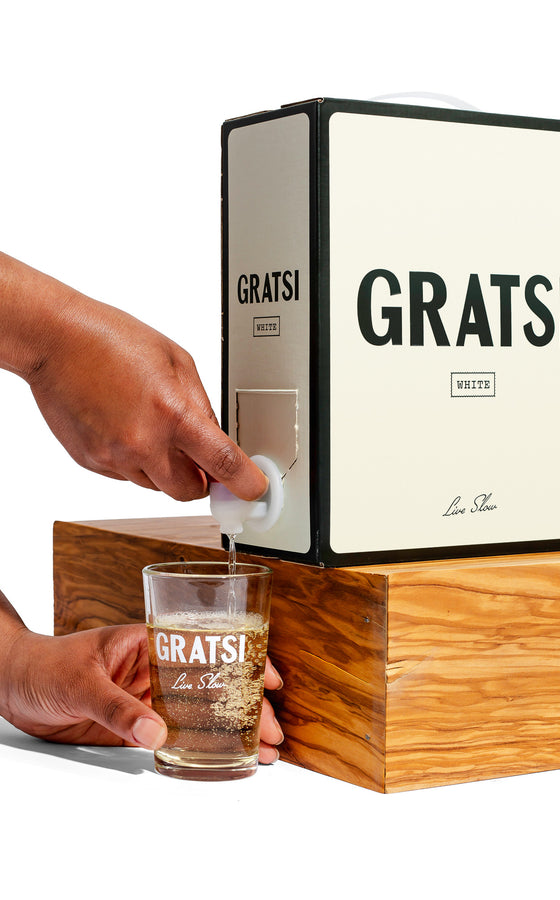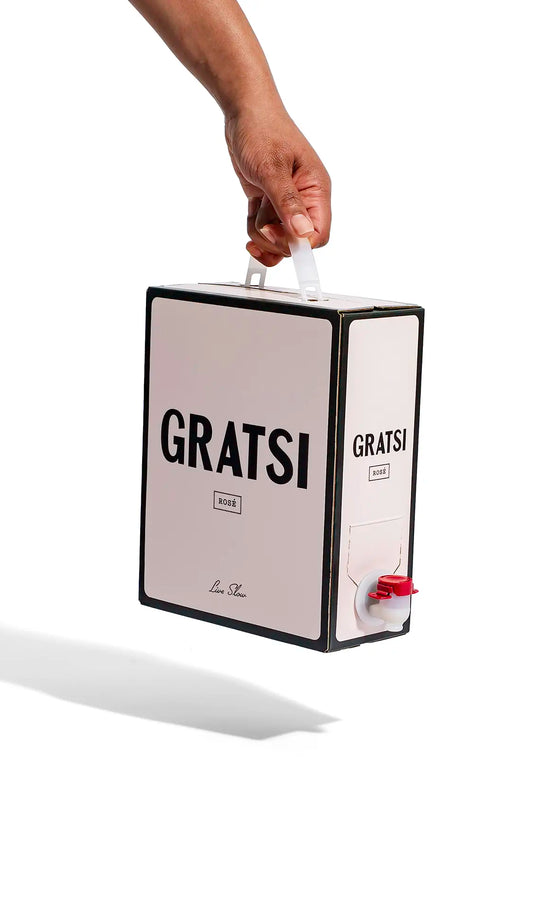In Calabria, happiness isn’t chased, it’s cultivated.

NONNA WISDOM
In Calabria, happiness isn’t chased, it’s cultivated.
By Gianina Rose
November 06, 2025
That’s what Pina does, with her animals and her home full of life, and what Sarina does, with hands that sew and sow. It’s what people here do: they cook with what they have, preserve what they grow, and turn a potato field into a feast. This episode has been a journey through recipes and gestures that stand the test of time, a quiet reminder that simplicity itself can be a form of richness.
During this journey, we met two women who, though belonging to different generations, speak the same language: that of simplicity and devotion.
Nonna Pina embodies the purest memory of the past. She lives in a small house not far from Villaggio Mancuso, tends her sheep, grows vegetables, prepares preserves, and welcomes guests as one should welcome life itself: calmly, with a warm meal and a smile. She lives in harmony with everything around her, the land and the animals that fill her days.



Serafina, known as Sarina, is the bright image of the present. Our meeting happened by chance: a mural painted on the house across from Pina’s, a poem dedicated to Sila, the curiosity to move closer and take a photo, and from that simple moment, the discovery of an extraordinary person. Younger, but deeply rooted in the same heritage, Sarina proudly calls herself “a farmer.” In her voice there is pride, identity, belonging. But she is much more than that. She writes, embroiders, cooks, plants, and creates. Her home reflects her mind: wooden bookshelves built by hand, lace shaped like hens and watermelons, ancient beans she continues to grow so they won’t be forgotten. In her, tradition is not a still memory. It is something alive that transforms, breathes, and keeps blooming.
Watching them together, even from afar, is like seeing the continuity of an invisible thread. In Pina there is the root. In Sarina, the sprout. Together, they represent the authentic Calabria, the one that doesn’t show itself to impress, but to leave something inside you.
From that thread that ties the land to those who care for it are born the flavors of simple recipes. Pina’s fritters, Sarina’s potatoes with “Salaturo”, and her “Bucchinotti” are not just dishes, they are small stories of life.



Zucchini and Squash Blossom Fritters
At nonna Pina’s house, lunch isn’t planned. It just happens.
She greeted us with a smile and, almost apologetically, said, “I haven’t prepared anything, we’ll just eat whatever there is today.”
On the table there were homemade cured meats, cheeses, freshly sliced bread, and a glass of red wine. Nothing more than what was needed, and yet, it was perfect.
Beside her, Sarina, her granddaughter, was stirring the batter and laughing: “In Calabria, that’s how it goes. One fries, and the other eats.”
These fritters are born from that kind of simplicity. A few fresh ingredients, a quick batter, and the scent of summer filling the kitchen.
Ingredients (serves 4):
- 10–12 small zucchini, grated (about 4 cups)
- 6–8 squash blossoms, chopped
- 1 ¼ cups all-purpose flour (150 g)
- 1 teaspoon baking powder
- 2 eggs
- ¾ cup chilled sparkling water (200 ml)
- ½ teaspoon salt, or to taste
- Vegetable oil for frying (about 2 cups, enough to cover the bottom of the pan)
Preparation:
Grate the zucchini and place them in a colander with a pinch of salt. Let them rest for 15 minutes to release excess water, then squeeze well. Clean the blossoms, remove the pistil, and chop them coarsely.
In a large bowl, combine zucchini, blossoms, flour, baking powder, and eggs. Gradually add the sparkling water while mixing until the batter is smooth but still textured. Season with salt.
Heat oil in a frying pan. Drop spoonfuls of the mixture into the oil and fry a few at a time until golden. Drain on paper towels and serve hot, straight from the pan, while someone else keeps frying the next batch.




Potatoes with “Salaturo”
The morning we harvested the potatoes, the sky over the Sila was clear and the air crisp. In the field were Sarina and her husband Peppe, their hands deep in the dark soil. She told me that as a child she used to do the same work with her father, who is now ninety-three and no longer strong enough. Back then it was hard labor, done out of necessity rather than pleasure, but in her eyes there was the calm of someone who now does it for love, for memory, and for respect toward what remains.
We spent the morning among clumps of earth and laughter, filling crates and talking about the weather, the countryside, and the ancient seeds she still grows in her garden.
After the harvest, Sarina invited us to lunch. “After hard work, we celebrate” she said, and on the table she served everything made with potatoes, fried, boiled, roasted, and those dressed with salaturo, the most typical and surprising of all.
Walking into her home feels like stepping back in time. Every object and corner carries the past, but dressed in a modern light. There is harmony between memory and the present, as if everything old had found a new way to exist.
That is perhaps what we should learn from her: to pass things on, but in a way that belongs to today, so that these beautiful, special things are never lost.
The “Salaturo”: The Pantry of the Past
The Calabrian “salaturo” is one of the oldest forms of preservation. It was prepared in a large terracotta jar, also called “salaturo”, where layers of crushed green olives, peppers, green tomatoes, wild fennel, garlic, and coarse salt were pressed together. Each layer was packed tightly and weighted down, then left to mature for weeks or even months. It was the “winter pantry,” a store of strong, aromatic flavors that replaced the refrigerator and gave character to every dish, especially freshly harvested potatoes.
Traditional Recipe
- 2.2 pounds potatoes (preferably freshly harvested)
- 3 tablespoons mature salaturo (a mix of olives, peppers, green tomatoes, and fennel preserved in salt)
- ¼ cup extra virgin olive oil
- Salt and pepper, to taste
Preparation:
Boil the potatoes with their skin, then peel and mash them roughly with a fork. In a pan, heat olive oil over low heat and add a few spoonfuls of salaturo with its herbs and aromas. Let it cook gently, then add the potatoes. Stir carefully until everything blends and warms through. The scent that fills the kitchen is unmistakable, deep, old, familiar.
Revisited Version
For those who don’t have a “Salaturo” jar at home, you can recreate similar flavors with fresh vegetables. Chop green olives, green peppers, and green tomatoes, add garlic and wild fennel seeds, and cook everything slowly in olive oil until soft and fragrant. Add the boiled, mashed potatoes, season with salt and pepper, and let it all come together.




The “Bucchinotti”
In every corner of Calabria they have a different name: “buccunotti”, “bocconotti”, here, in Sarina’s home, they are called “bucchinotti”. Small shortcrust pastries with a soft heart of jam.
After the harvest lunch, we had coffee and kept talking. I didn’t want to leave.
Sarina showed me her chicken coop, her vegetable garden, and then we went back inside, sitting by the fireplace with her husband Peppe, still chatting like old friends.
At one point, she looked at me and said, with that firm but kind tone of hers,
“So, do you want to learn how to make the bucchinotti or not?”
Of course I wanted to, but I didn’t want to seem intrusive. As always, she understood immediately. She insisted, and I finally gave in.
Between stories and laughter, we mixed the dough, filled the molds, and waited while the scent of butter and jam began to fill the room.
When the pastries were ready, Sarina packed them carefully into a container and handed it to me. I didn’t understand at first. She smiled and said, “So you can eat them at home, and think of us.”
That was the moment I realized our meeting wouldn’t end that day. That simple, generous gesture had sealed a true friendship.

Sarina’s Bucchinotti Recipe
Ingredients (for about 12):
- 2 ½ cups all-purpose flour (300 g)
- ⅔ cup unsalted butter (150 g), softened
- ½ cup + 1 tablespoon sugar (120 g)
- 2 egg yolks + 1 whole egg
- 1 teaspoon baking powder (equivalent to ½ packet)
- Zest of ½ lemon
- Jam of your choice (traditionally amarena cherry or elderberry)
Preparation:
In a large bowl, mix the flour, sugar, and baking powder. Add the softened butter and work it with your hands until the mixture becomes crumbly. Add the eggs and lemon zest, then knead until smooth. Wrap the dough in plastic wrap and chill for 30 minutes.
Roll out the dough to about half a centimeter thick. Line small aluminum molds with the dough, fill each with a spoonful of jam, and cover with another round of dough, sealing the edges.
Bake at 350°F (180°C) for 25–30 minutes, until golden. Let cool and enjoy.




At the end of this journey, I realized that Calabria doesn’t need to become something else. It only needs to keep being what it is: authentic, deep, and true. It’s stubborn, but sincere. Proud, yet generous. It doesn’t open up easily. It doesn’t reveal itself to those who rush through.
It opens its heart only to those who take the time to listen, to understand, to walk in its silences, to get their hands dirty in its soil. Women like Pina and Sarina prove it.
One preserves, the other renews. One remembers, the other carries forward. Calabria doesn’t need to change to be loved. It just needs to be met with respect and it will leave you with something you’ll never forget.







